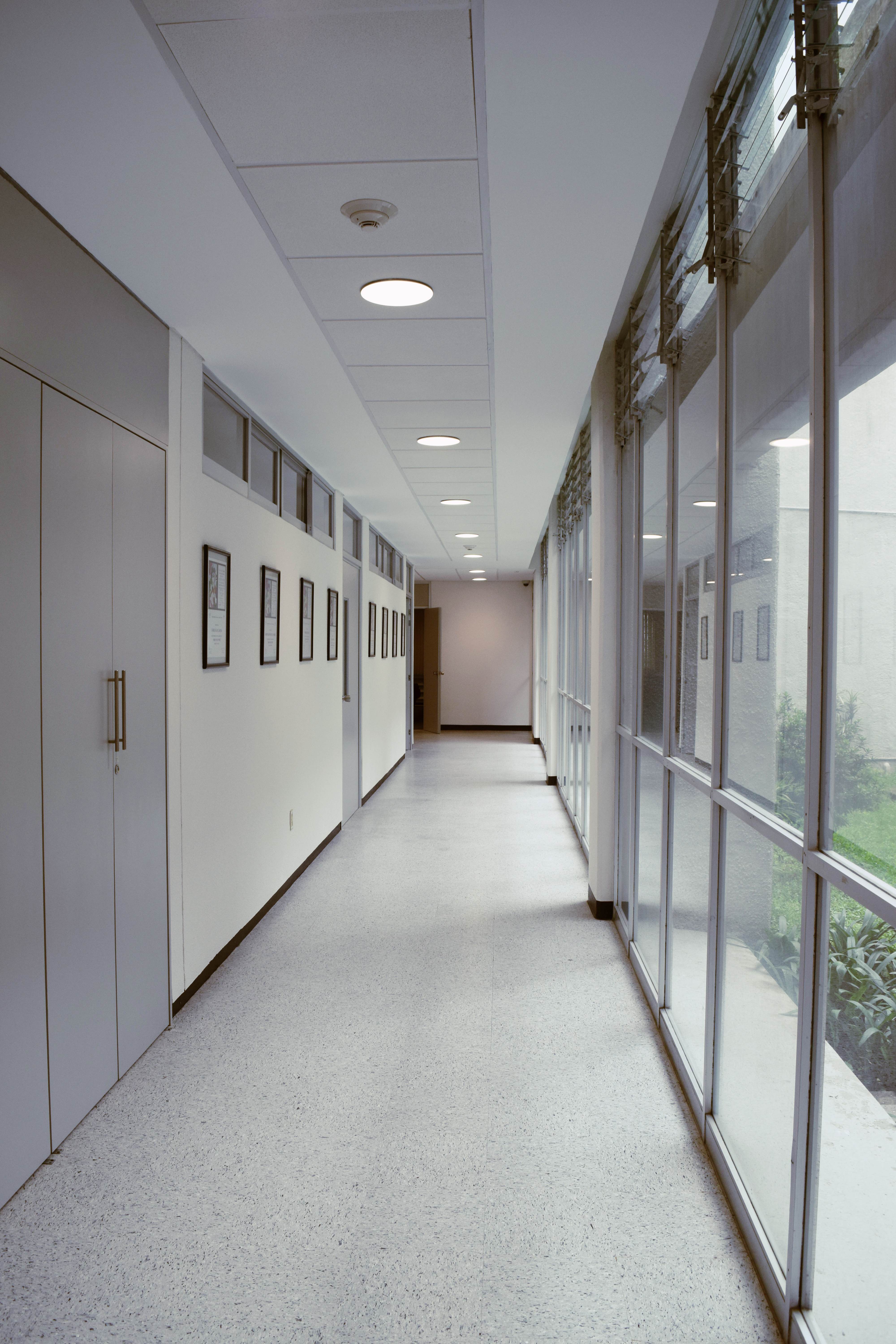
How does the organic aerosol phase state impact multiphase chemical kinetics and particle hygroscopicity?
Imparte: Daniel Knopf, Stony Brook University, USA
Organic aerosol (OA) particles are ubiquitous in the atmosphere. It is now well established that these particles can exist in varying amorphous phase states including liquid, semisolid, and solid, thereby defining particle viscosity. During atmospheric transport OA can undergo multiphase chemical oxidation reactions involving oxidants and radicals. This, also termed chemical aging of OA, can impact source apportionment, air quality, and the particles’ potential to act as cloud condensation nuclei (CCN) and ice nuclei (IN), and thus climate. Ambient temperature and humidity modulates the phase state of these amorphous OA particles which in turn will affect the oxidation reaction kinetics and resulting particle hygroscopicity. We present experimental results of the OH oxidation of amorphous fulvic acid (FA) aerosol particles at different temperatures and phase states. When oxidized at low temperature in a glassy solid state, the hygroscopicity of FA particles increased significantly. Low-temperature oxidation appears to proceed dominantly at the particle interface, instead of the bulk, promoting the formation of highly-oxygenated particle-bound fragmentation products, which decreases particle molar mass and increases hygroscopicity. To improve our fundamental understanding of multiphase chemical kinetics, we theoretically evaluate the adsorption of gas species on the condensed phase, with a particular emphasis on the impact of temperature on species desorption lifetimes and its influence on the overall reactive uptake process. We apply model-derived sensitivity studies that account for second order surface layer reactions at the interface and changes in desorption lifetimes due to variation in temperature. Lastly, reactive uptake experiments involving OH and NO3 radicals for temperatures as low as -60 ºC will be presented. A detailed understanding of the individual processes governing multiphase chemical kinetics is important for our predictive understanding of air quality, health, and climate related issues.








